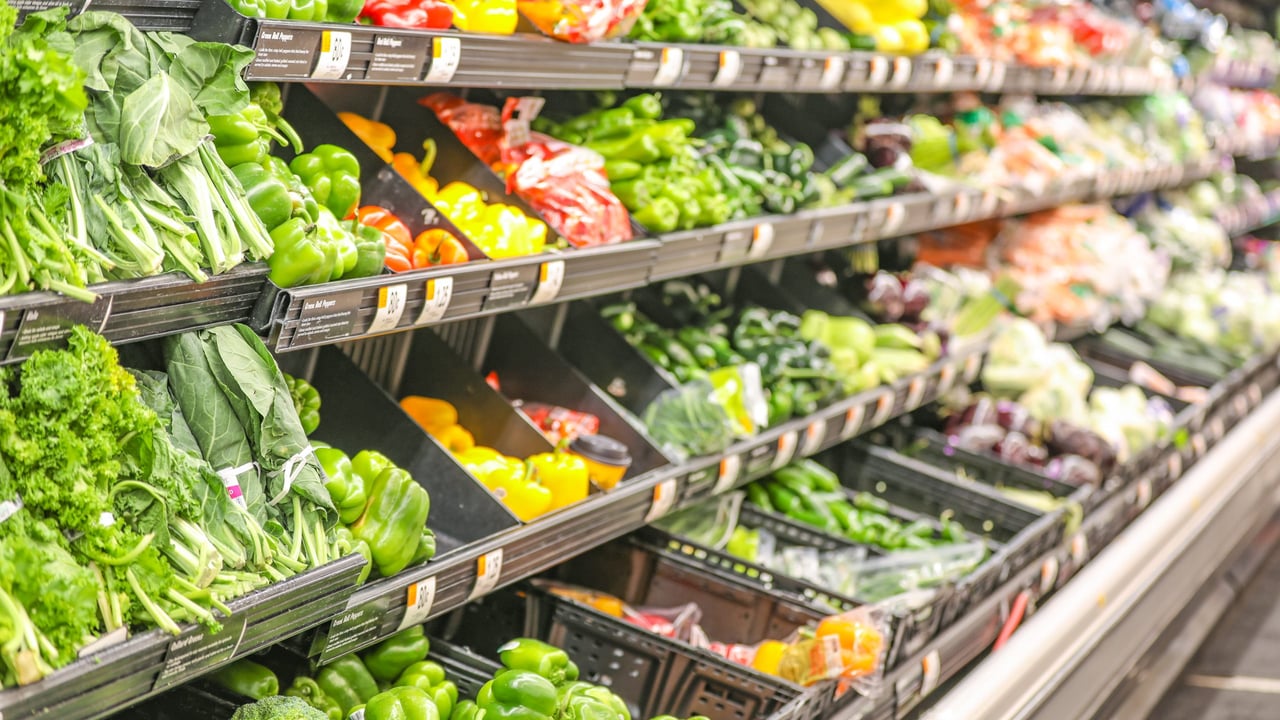DAFM-funded project protecting fresh fruit and veg from diseases
University of Limerick scheme tests apple and spinach products and storage
A project in the University of Limerick (UL) that is funded by the Department of Agriculture, Food and the Marine (DAFM) is being used to assess the risk of foodborne pathogen contamination in fresh fruit and vegetable productions.
The SafeGreen project is coordinated by Professor Achim Schmalenberger, who spoke on Agriland's AgriFocus podcast this week.
The project samples apples and spinach, as well as their processing and storage environment, in collaboration with spinach and apple producers to assess potential sources of contamination.
This includes water and fertiliser sources, bird droppings, and insects, as well as dust particles from nearby livestock.
During the project, foodborne pathogens, including listeria monocytogenes, pathogenic E. coli, and salmonella enterica are monitored using cultivation dependent and independent methods.
These pathogens are responsible for a significant amount of product recalls and are among the most lethal foodborne pathogens.
Dr. Schmalenberger explained that consumption of fresh green vegetables and fruits is encouraged for health benefits under the Healthy Ireland framework, for their ability to provide consumers with vitamins, antioxidants, and fibre.
As a result, leafy vegetables consumption, including spinach, has substantially increased in Ireland and the EU. Likewise, consumption of fresh fruit has improved for the same health benefits.
Nevertheless, according to Dr. Schmalenberger, levels of consumption are still "significantly below" recommended targets of five portions of fruit and vegetables per day.
He believes that one barrier to achieving the five-a-day consumption goals is the potential contamination of the food products with hazardous bacteria.
In particular, consumption of unprocessed fruit and vegetables that are cultivated in the open environment, such as spinach and apples, pose a potential risk through contamination by foodborne pathogens.
A number of outbreaks and product recalls related to spinach and apples contaminated with listeria monocytogenes and other foodborne pathogens have highlighted these potential risks.
Dr. Schmalenberger explained that limited knowledge exists on potential sources of contamination for fresh fruit and vegetables that are grown in open fields, and that potential sources of contamination may originate from fertilisers of animal origin, such as farmyard manure.
SafeGreen is coordinated by Dr. Schmalenberger, in partnership with Teagasc Ashtown's Kaye Burgess, and University College Dublin's Enda Cummins.
The project started in 2024, and has since established and validated detection methods that are applied in a first round of testing with participating farmers.
The project is not initiating stakeholder involvements to include further growers of spinach and apple to join the testing phase.
However, Dr. Schmalenberger said that it his team are employing Living Lab principles that encourage co-innovation by stakeholders.
His team are also also drawing up a form for stakeholders to sign up, from keeping informed to actively taking part.





